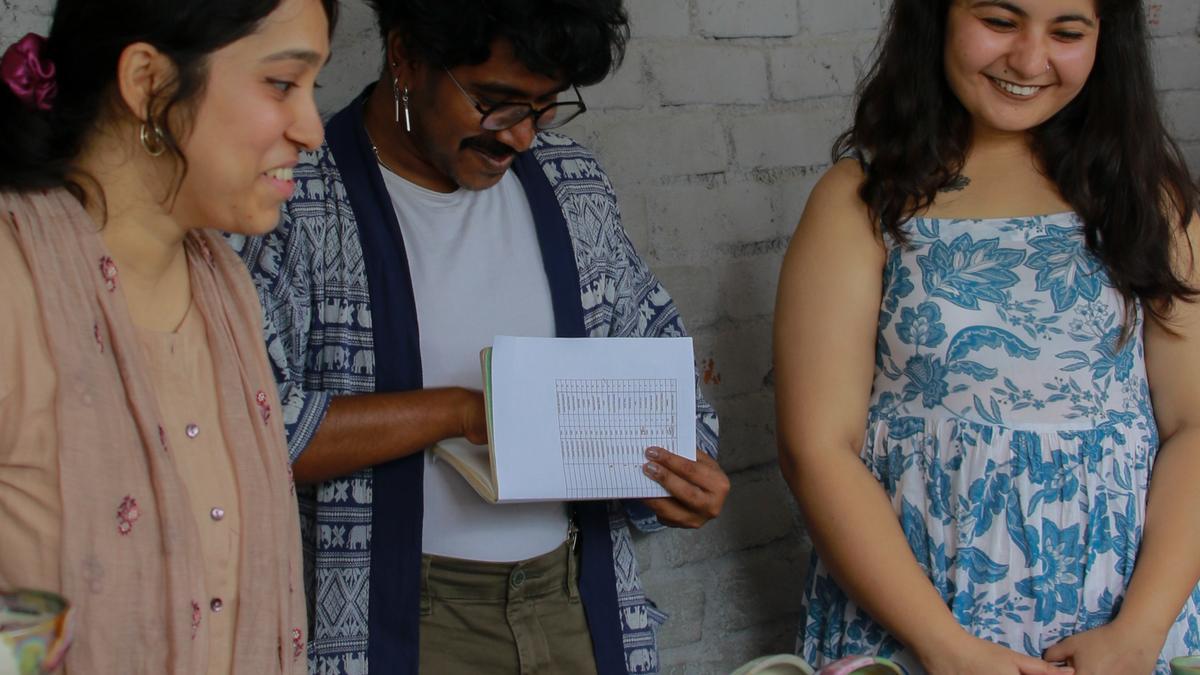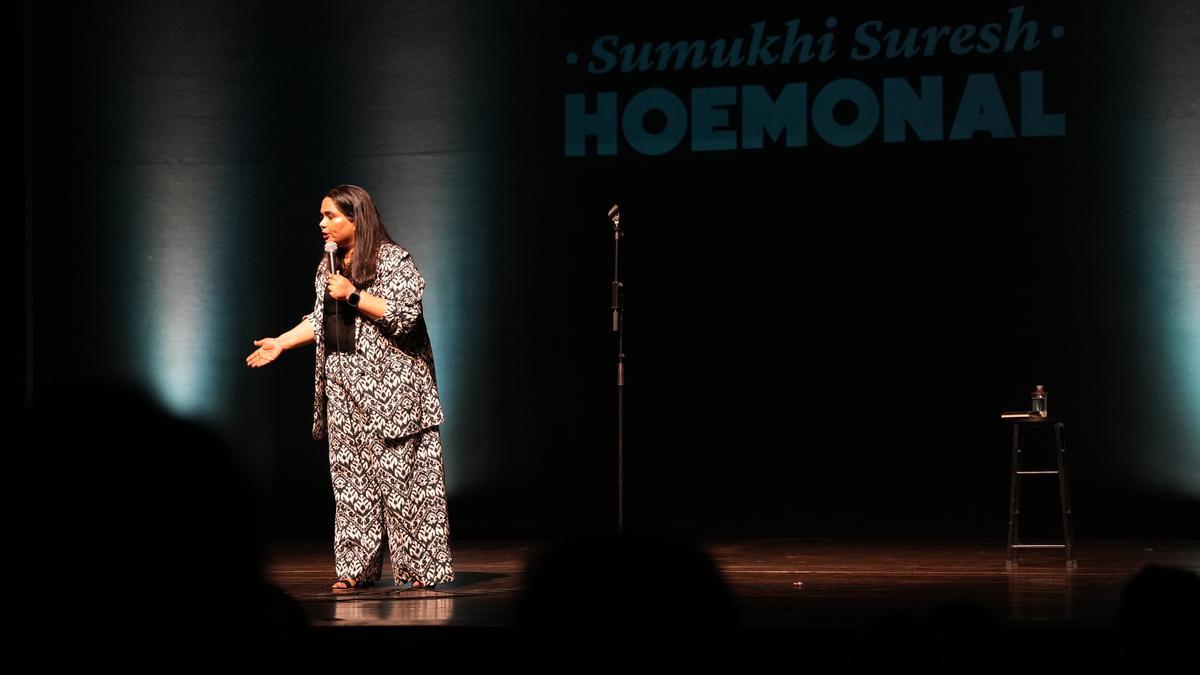
If one conducts a census of popular Hindi cinema, the portrayal of Dalits and their struggles is surprisingly minimal. Thus, it is refreshing to see an action entertainer like “Vedaa” tackle the sensitive issue of caste atrocities. The film, featuring a socially-conscious backdrop, does an admirable job of embedding B.R. Ambedkar’s ideology in everyday settings, symbolized by his photograph inside a home, affixed next to a meaningful mirror.
The central character, Vedaa Bairwa (played by Sharvari), is a Dalit law student with ambitions that extend beyond her socio-economic constraints. She dreams of joining her college’s boxing club but is continuously marginalized by those who uphold the rigid caste hierarchy. These so-called guardians of social order deem her fit only for menial tasks like mopping the floors, reserved for upper-caste aspirants. However, Vedaa finds an ally in Abhimanyu (John Abraham), an ex-Army officer burdened by personal loss. Abhimanyu has returned to his wife’s village and is now working as a boxing trainer at the local college.
Set in a region fraught with patriarchal and caste-based discrimination, the duo soon comes into conflict with Jitendra Pratap Singh (Abhishek Banerjee), the head of the caste panchayat. Though Jitendra presents himself as a progressive thinker, he remains deeply entrenched in archaic traditions. His father (a menacing performance by Ashish Vidyarthi) strictly adheres to these age-old customs, while his younger brother epitomizes a typical street hoodlum asserting his unchecked authority. The family’s dynamics resonate with audiences familiar with characters like Munna from Mirzapur but transplanted to the arid landscape of Barmer. The plot thickens disastrously when Vedaa’s brother is discovered in a romantic liaison with an upper-caste girl, causing Jitendra to explode in fury, unleashing havoc.
Known for crafting romantic narratives, director Nikkhil Advani presents a starkly different canvas this time, portraying a merciless world with nuanced care. The despondent hero riding a beastly motorcycle through a brooding, desolate landscape makes for a compelling visual. The resolute protagonist who preaches constitutional rights and wields a vicious punch stands as a bold companion in the uneven fight for basic human dignity.
. While Vedaa aspires to take her battle to the local courts, the court-martialled Abhimanyu remains skeptical. The plot is designed to unfold around Vedaa’s journey for justice, raising anticipation and intrigue.
Despite his noble intentions, Nikkhil Advani appears conflicted about balancing the film’s social commentary with the high-octane action sequences expected from a John Abraham starrer. The director attempts to supplement the script with both substance and typical cinematic elements, leading to a blend that sometimes lacks coherence. This approach results in protracted, occasionally digressive action sequences punctuated with dialogues about equality. Sections of the narrative suffer from lapses in internal logic, giving the impression that Vedaa is being manipulated like a character in a video game—continually trapped, pursued, and rescued.
Though inspired by real-life stories, as the disclaimer states, Aseem Arora’s screenplay processes these narratives through the Bollywood lens. The performances are commendable; John Abraham, as Abhimanyu, perfects the art of intense staring. His character, a true atheist who communicates more through silence, aligns seamlessly with John’s portrayal. Sharvari’s performance is commendable and shows improvement with each appearance, although more physical transformation would have been beneficial.
The well-orchestrated action scenes maintain viewer engagement, but the narrative consistently falls short of addressing deeper conflicts. Audiences anticipate a shift in John’s role from a passive observer to an active participant, but this transition is repeatedly delayed. By the climax, the silent atheist begins quoting from the Mahabharat, adding a layer of philosophical depth.
When the amalgamation is uneven, it feels as if a significant issue is being trivialized for conventional entertainment. The film grapples with ensuring that Abhimanyu does not overshadow Vedaa as the savior, but this careful calculation disrupts the story’s flow. The film may have lost some of its edge during its review by the Censor Board, yet this doesn’t fully account for its shortcomings. Nikkhil Advani and John Abraham, representing an in-between generation, struggle to relinquish traditional cinematic hooks while striving not to appear politically incorrect.
“Vedaa” is currently captivating audiences in theatres, presenting a compelling but flawed discourse on social justice within the framework of Hindi cinema.










